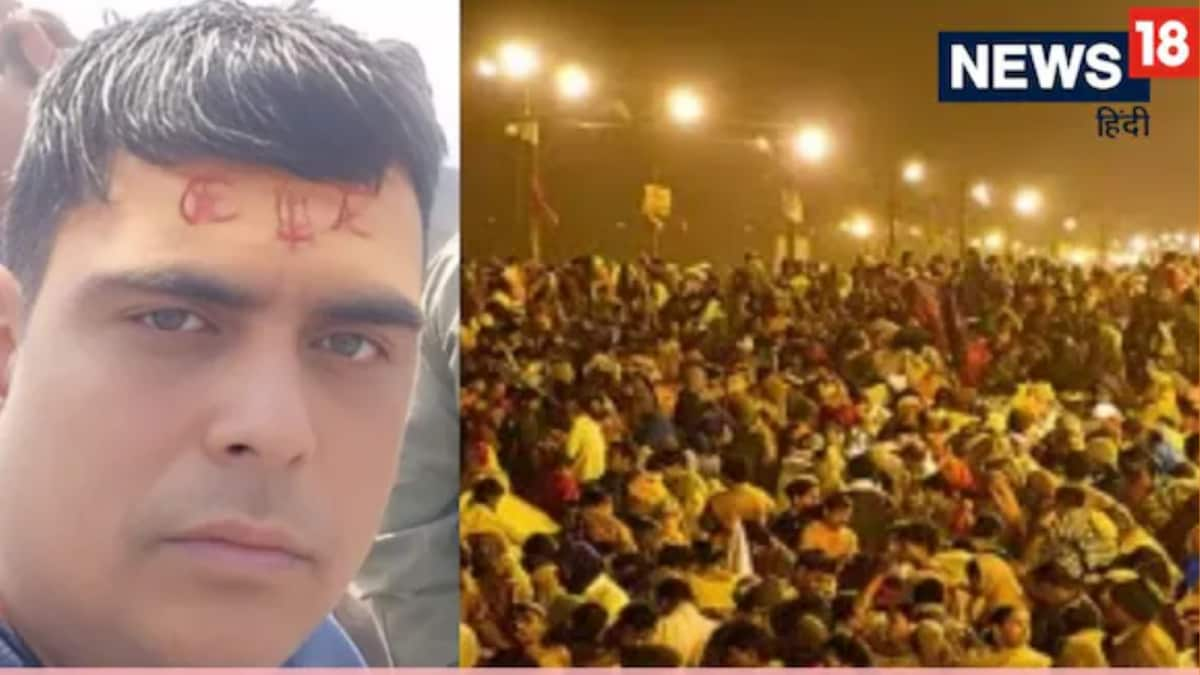 |
|
The recent Maha Kumbh Mela in Prayagraj, India, attracted massive crowds, leading to a surge in prices and logistical challenges for pilgrims. Dinesh Rana's experience highlights the difficulties faced by many attendees, showcasing the stark contrast between the spiritual significance of the event and the harsh realities on the ground. His journey, intended as a pilgrimage to participate in the holy dip at the Sangam, was cut short due to unexpectedly high costs and overwhelming crowds. This incident serves as a cautionary tale, underscoring the importance of meticulous planning and realistic budgeting for such large-scale religious gatherings.
Rana's ordeal began with the travel itself. While expecting a 10-12 hour bus journey, his trip stretched to two days, leaving him stranded 20 kilometers from his destination. The exorbitant prices demanded for transportation were shocking. E-rickshaws quoted Rs 1000 for a short trip, while motorbike taxis asked for Rs 500-600. Faced with these unaffordable options, Rana and his friends resorted to walking the remaining distance, already exhausted from their delayed journey. This initial struggle foreshadowed the even greater difficulties they would soon encounter.
Upon reaching the Sangam coast, the group’s exhaustion demanded rest. However, finding affordable accommodation proved an impossible task. Hotels, typically charging Rs 1000 per day, had inflated their prices to an astonishing Rs 5000 per hour. This exorbitant cost, far beyond the means of the average pilgrim, left Rana and his companions with no choice but to abandon their hope of finding a hotel room. The sheer audacity of these price hikes underscores the opportunistic exploitation of pilgrims during such events. It raises serious questions about price regulation and consumer protection during periods of high demand.
The return journey mirrored the difficulties of the arrival. The bus was overcrowded, with people desperate to board scrambling for space, even attempting to enter through the driver's seat. This chaotic scene, coupled with inflated prices for basic necessities like water (Rs 20 per bottle) and tea (up to Rs 50), cemented Rana’s decision to forgo the holy dip and return home. The sheer scale of the logistical issues, from exorbitant transport costs and accommodation fees to the uncontrolled overcrowding, casts a shadow on what should be a deeply spiritual experience. The event showcased a significant gap between the expectations of pilgrims and the practical realities of attending the Maha Kumbh.
Rana's story is not unique. Many pilgrims likely faced similar challenges, although not all may have shared their experiences publicly. The incident raises critical questions regarding infrastructure management, crowd control, and price gouging during major religious events. It highlights the need for robust planning and regulation to ensure that such events remain accessible and affordable for all participants, regardless of their socioeconomic background. The potential for exploitation of pilgrims' faith and desperation needs addressing to avoid such disheartening accounts in the future. The authorities must consider strategies to better manage crowds, regulate prices, and improve transportation facilities to ensure that the Maha Kumbh Mela remains a truly accessible and meaningful experience for everyone.
The narrative of Rana’s failed pilgrimage serves as a stark reminder of the challenges inherent in large-scale religious gatherings. While the spiritual significance of the Maha Kumbh remains undeniable, the practical difficulties encountered by many attendees demand attention and reform. The excessive costs and chaotic conditions reported raise broader questions about the management and accessibility of such events, emphasizing the need for better planning and regulation to ensure a more positive and inclusive experience for all future pilgrims. The incident underscores the urgent need for authorities to prioritize the welfare and accessibility of pilgrims, implementing effective strategies to prevent price gouging and manage crowds efficiently. Only then can the true spiritual essence of the Maha Kumbh Mela be fully realized without the burden of logistical and financial hardship.
Source: Room For Rs 5,000 Per Hour, Rickshaw For Rs 1,000: Why This Man Abandoned Maha Kumbh Trip
